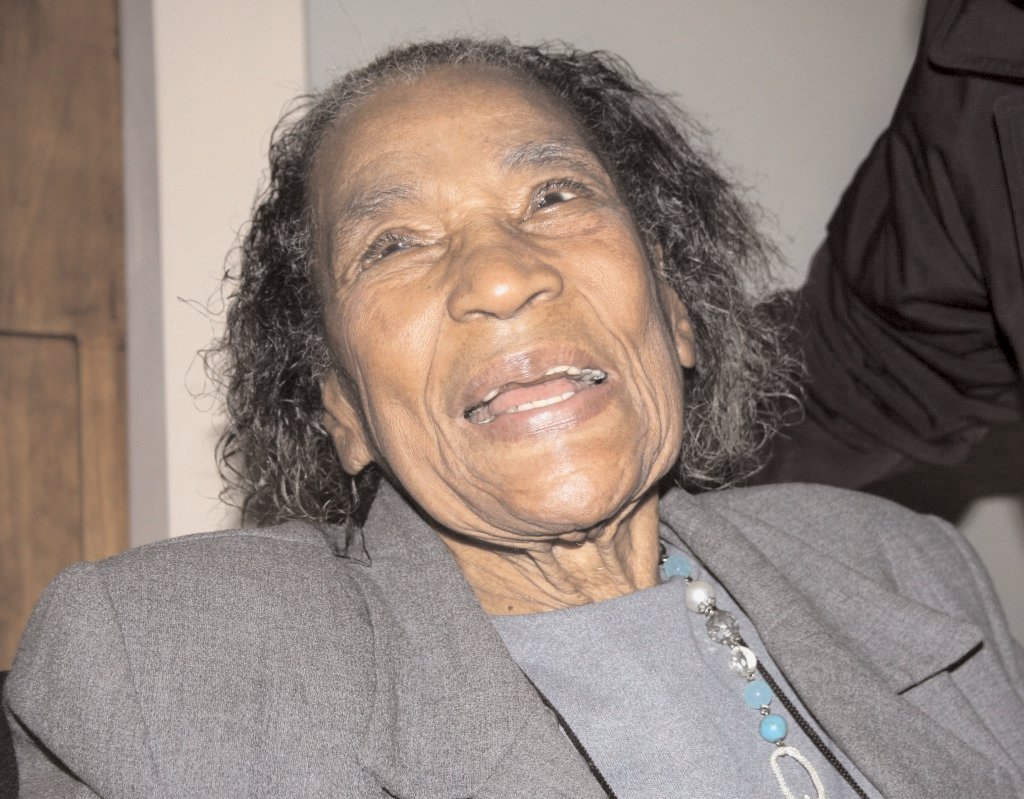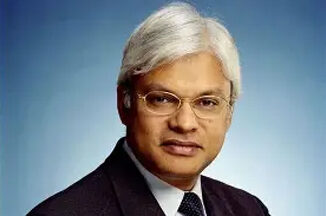
MONTGOMERY: Amelia Boynton Robinson, a US civil rights activist who nearly died while helping lead the Selma, Alabama civil rights march in 1965, championed voting rights for blacks and was the first black woman to run for Congress in that southern state, died today at age 104, her son Bruce Boynton said.
Boynton Robinson was among those beaten during the voting rights march across the Edmund Pettus Bridge in Selma in March 1965 that became known as ‘Bloody Sunday’. Fifty years later, Barack Obama, the first black president of the United States, pushed her across the span in a wheelchair during a commemoration.
Boynton Robinson, who was hospitalized in July after having a major stroke, turned 104 on Aug 18.
In January, she attended the State of the Union address as a special guest of Democratic Alabama Rep Terri Sewell, who said Boynton’s 1964 run for Congress paved the way for her. Sewell is Alabama’s first elected black congresswoman.
Boynton was the first woman to run on a Democratic ticket in Alabama and the first black woman to run for Congress in the state, according to the Encyclopedia of Alabama.
“Mrs Boynton Robinson suffered grave injustices on the Edmund Pettus Bridge in Selma at the hands of state troopers on Bloody Sunday, yet she refused to be intimidated,” Sewell said in January 2015.
“She marched with Dr Martin Luther King, my colleague Rep John Lewis and thousands of others from Selma to Montgomery and ultimately witnessed the day when their work led to the passage of the historic Voting Rights Act of 1965.”
Boynton Robinson asked Martin Luther King Jr to come to Selma to mobilize the local community in the civil rights movement. She worked with the Southern Christian Leadership Conference and helped plan the Selma to Montgomery march.
Her role in the event was recaptured in the movie ‘Selma’ where she was portrayed by actress Lorraine Toussaint. She was invited as a guest of honor to attend the signing of the Voting Rights Act of 1965 by President Lyndon B Johnson.





Be the first to comment